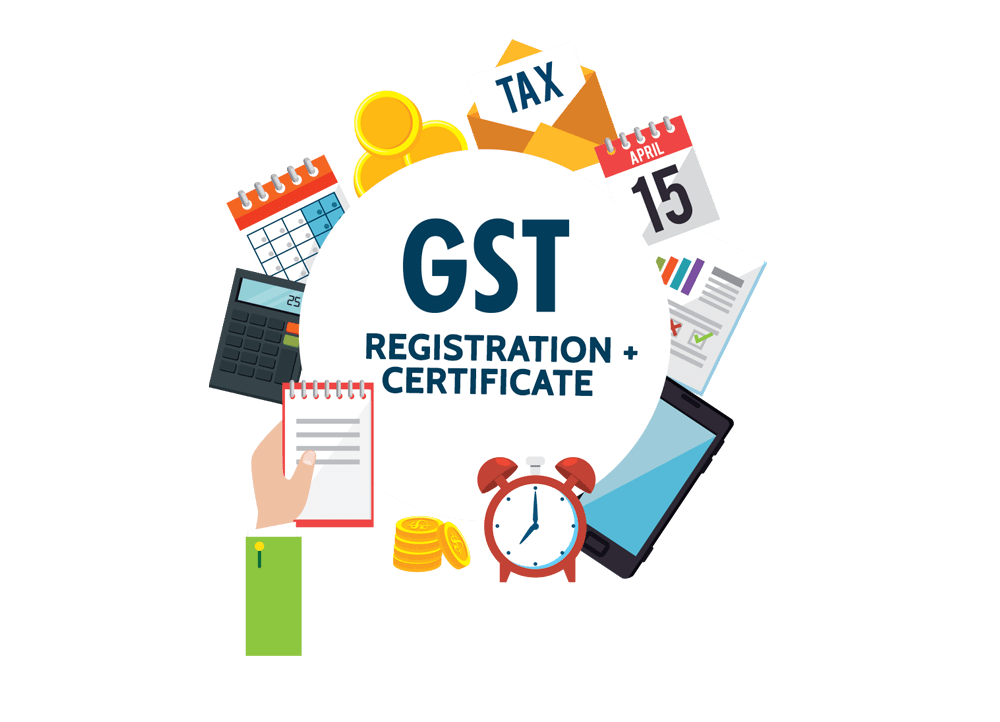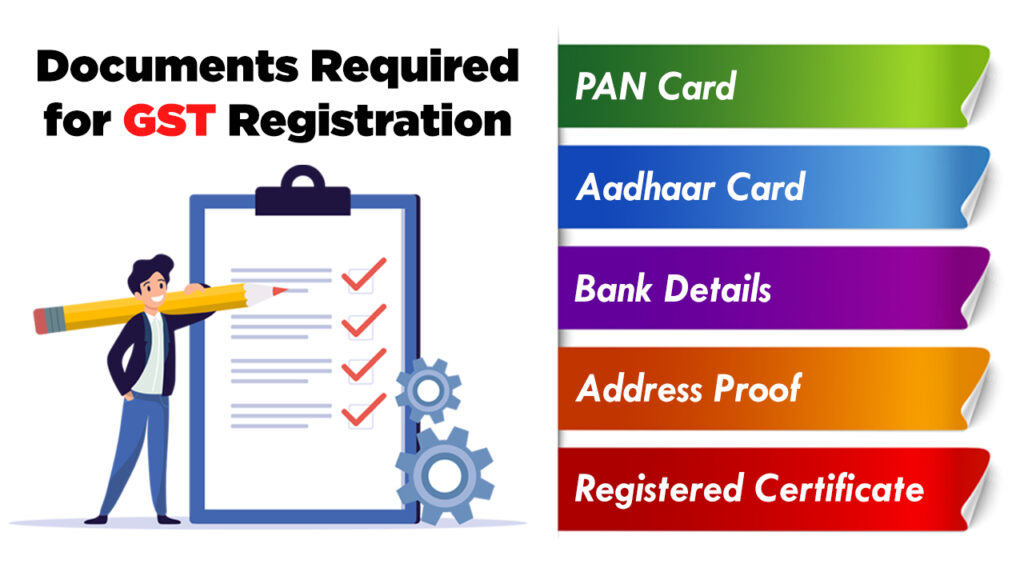How to Navigate Singapore GST Registration for Your Business
How to Navigate Singapore GST Registration for Your Business
Blog Article
Taking Full Advantage Of Tax Efficiency: Specialist Tips on Navigating the GST Registration Labyrinth for Small Companies
Navigating the elaborate landscape of Goods and Services Tax (GST) registration can be a labyrinthine task for local business intending to optimize their tax efficiency. Understanding the eligibility standards, thorough paperwork demands, calculated timing factors to consider, and proficient registration procedure ideas can dramatically impact a company's monetary standing. Compliance with GST policies is vital, and adhering to best techniques can improve procedures and protect against possible risks. In this discussion, we will certainly check out skilled insights and workable guidance that can empower small companies to navigate the GST enrollment labyrinth effectively and optimize their tax obligation effectiveness.
Qualification Requirements
Eligibility needs for Small Company GST Enrollment include specific standards that businesses must meet to conform with tax obligation laws. To certify for GST enrollment, a company has to have a yearly turn over going beyond the limit set by the tax obligation authorities, which differs by nation.

Documentation Demands
To efficiently finish the procedure of GST registration, local business need to guarantee they have all essential documents in order. The needed documents typically consists of proof of service enrollment or address, identity and incorporation evidence of business owner, photographs, bank account information, and evidence of the principal workplace. In addition, businesses need to give details of their business activities, including the solutions or products supplied. It is crucial to make sure that all documents are accurate, approximately day, and in the specified style to avoid delays or denials during the enrollment process.
Apart from the mandatory files, companies may likewise be needed to submit extra details based upon their specific scenarios. This could consist of papers associated with collaborations, the consent of signatures, or any kind of various other pertinent arrangements. Maintaining all essential documents organized and easily easily accessible can enhance the enrollment process and assistance services follow the demands effectively - Singapore GST Registration. Failure to provide the required documents might cause hold-ups and even rejection of the GST registration application. Careful attention to detail and adherence to the paperwork standards are important for an effective GST registration process for tiny companies.
Timing Factors To Consider
Thinking about the important documents requirements have been thoroughly dealt with, the following crucial facet for small companies starting the GST registration process is the strategic administration of timing factors to consider. Timing plays a critical duty in GST registration, affecting not only compliance yet also monetary elements of the organization. Tiny businesses require to meticulously plan the timing of visit homepage their GST enrollment to optimize benefits and reduce prospective threats.

Additionally, companies ought to line up the timing of their GST registration with their operational preparedness. Ample prep work, such as upgrading audit systems and training personnel, is vital to seamlessly incorporate GST needs right into everyday procedures. By strategically managing timing factors to consider, local business can browse the GST registration procedure successfully and optimize their tax efficiency.
Enrollment Refine Tips
Efficiently navigating the GST enrollment procedure requires small companies to apply aggressive and calculated registration procedure ideas. One important tip is to ensure all necessary records are easily available prior to beginning the enrollment process. This includes service registration records, proof of address, bank statements, and identification evidence of the business proprietors. Validating the accuracy of the info given is just as important to avoid beings rejected or delays.
Furthermore, recognizing the limits and requirements for GST enrollment based on the specific state or region where the business operates is crucial. Some states have different turn over thresholds that cause mandatory registration, go to this site so being notified about these thresholds can help services prepare in advance.
An additional valuable suggestion is to think about seeking expert assistance from accountants or tax professionals that concentrate on GST registration. Their competence can enhance the process, reduce errors, and ensure compliance with all policies.
Conformity Finest Practices
Navigating the GST enrollment process smoothly necessitates not only calculated registration procedure tips yet also diligent adherence to conformity best techniques to guarantee continuous governing positioning. Small companies should prioritize compliance to avoid fines and maintain a great standing with tax authorities. One vital best practice is to maintain in-depth and exact records of all purchases. This consists of billings, invoices, and various other economic documents that might be needed for tax audits or conformity checks. In addition, staying educated about any kind of modifications or updates to GST guidelines is necessary. Small company proprietors must consistently assess government guidelines and seek expert recommendations if needed to ensure they are fulfilling all needs. It is likewise advised to submit GST returns promptly to prevent late costs and penalties. By incorporating these compliance finest practices into their procedures, small services can navigate the intricacies of GST enrollment with confidence and effectiveness.
Verdict
Finally, small companies can navigate the GST enrollment maze by try this ensuring they satisfy eligibility requirements, gather needed paperwork, take into consideration timing implications, follow registration process suggestions, and abide by compliance best methods. By optimizing tax obligation performance with appropriate GST enrollment, services can improve their monetary administration and operations.
Navigating the intricate landscape of Goods and Solutions Tax (GST) registration can be a labyrinthine job for tiny organizations intending to optimize their tax obligation effectiveness.Qualification demands for Small Company GST Registration incorporate particular standards that businesses need to satisfy to comply with tax obligation policies. The needed documentation generally consists of evidence of company enrollment or unification, address and identification evidence of the service owner, photos, bank account details, and proof of the primary place of business. In addition, companies require to offer information of their service tasks, including the items or services supplied.Effectively browsing the GST registration procedure needs tiny services to carry out calculated and positive enrollment process ideas.
Report this page